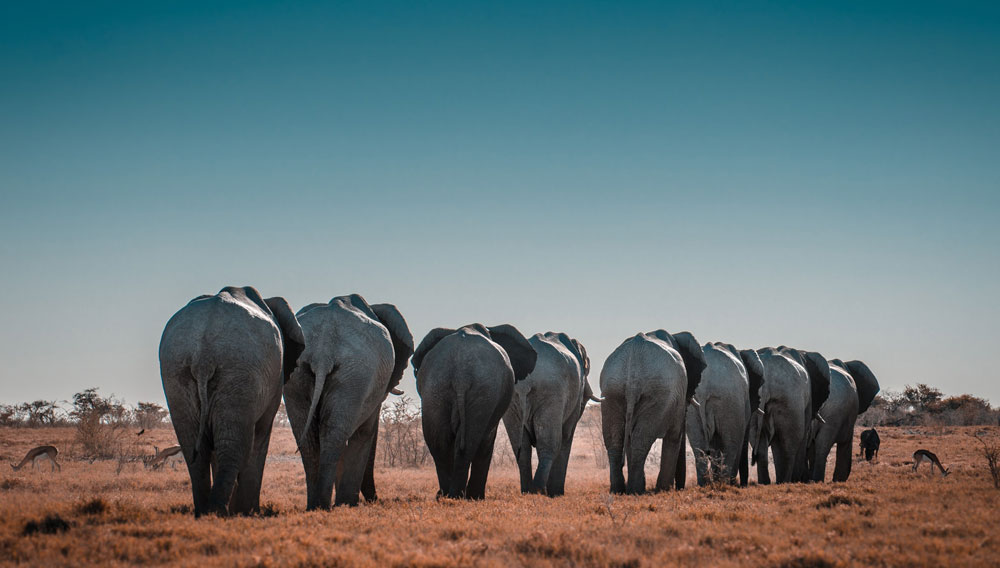Heineken offers to buy Namibia Breweries’ stake in Heineken SA
South Africa | What are we to make of this? Namibia Breweries Limited (NBL), a listed producer of beer (Windhoek lager), soft drinks and RTDs, received an offer on 1 October 2021, to sell its loss-making 25 percent stake in the Heineken South Africa joint venture to Heineken for an undisclosed amount.
If NBL accepts the offer, this would see the company ridding itself of one of its pains over the past few years. But, at the same time, NBL would need to renegotiate its major route to market in South Africa. Making matters complicated – Heineken holds a 29.68 percent indirect stake in NBL.
Because Namibia (population: 2.5 million) neighbours with South Africa (population: 60 million) and the two countries’ capitals are linked by a 1,400 km motorway, NBL and Heineken have been able to utilise their breweries and the joint venture to each other’s advantage.
An arrangement with benefits
Founded in 1920, NBL is a 2.4 million hl, Germany purity Law brewer and market leader in Namibia. It exports roughly 550,000 hl of its beer output to South Africa. Through mutual contract arrangements, NBL brews beers for Heineken in South Africa, while Heineken produces an estimated 450,000 hl of NBL’s beers at its Sedibeng brewery (capacity 12 million hl) near Johannesburg, also for the domestic market.
However, the joint venture has been making losses for years. Nevertheless, it has always produced a solid royalty stream for NBL, media say.
The website www.namibian.com.na reports that for the year ending 30 June 2021, NBL earned NAD 109 million (USD 7.3 million) in royalties despite it pushing through an associate loss of NAD 73 million (USD 4.9 million). In the past five years, the income from royalties was NAD 496 million (USD 33 million). Losses reported for the same five years amount to just over NAD 339 million (USD 22.6 million).
This brings the net to a positive NAD 111 million (USD 7.4 million) over the five years, and shows the investment at least returned some benefit to NBL.
An uphill struggle
The fate of Heineken South Africa underlines how hard it is to compete against an industry incumbent like SAB/AB-InBev. It will be remembered that the forerunner of the Heineken South Africa joint venture was Brandhouse, a three-way joint venture of Diageo, Heineken and Namibia Breweries’ majority shareholder.
Founded in 2004 to pool resources against beer market leader SABMiller, Diageo decided to dissolve Brandhouse in 2015 because the three could not align their interests any longer. While NBL and Heineken probably wanted Brandhouse to prioritise their beers, Diageo insisted on incentivising spirits over beers and ciders, as Diageo’s share of the South African drinks market had climbed to 40 percent over the period in question. Analysts had long griped that this arrangement was “suboptimal for the marketing, sales and distribution of beers”. Since then, Heineken and NBL have been going it alone in Heineken South Africa.
An offer with conditions
Per media reports, NBL has set up a standing committee to consider the offer, evaluate it and advise shareholders. Being a listed company, NBL cannot just ignore the offer. NBL is majority owned by the Ohlthaver and List Group and Heineken, but about 40 percent of its shares are publicly held.
The offer, however, comes with the condition that NBL does not declare a final dividend for the 2021 financial year. NBL has withheld the dividend so far.
The big question is: Why would Heineken want to buy out NBL, while it is still discussing a deal with wine and drinks firm Distell in South Africa? The cross-shareholding has proven beneficial for both brewers so far. Maybe it is not Heineken but NBL and its parent Ohlthaver and List, which have made the first step. If that is the case, then we could be in for some surprises.

